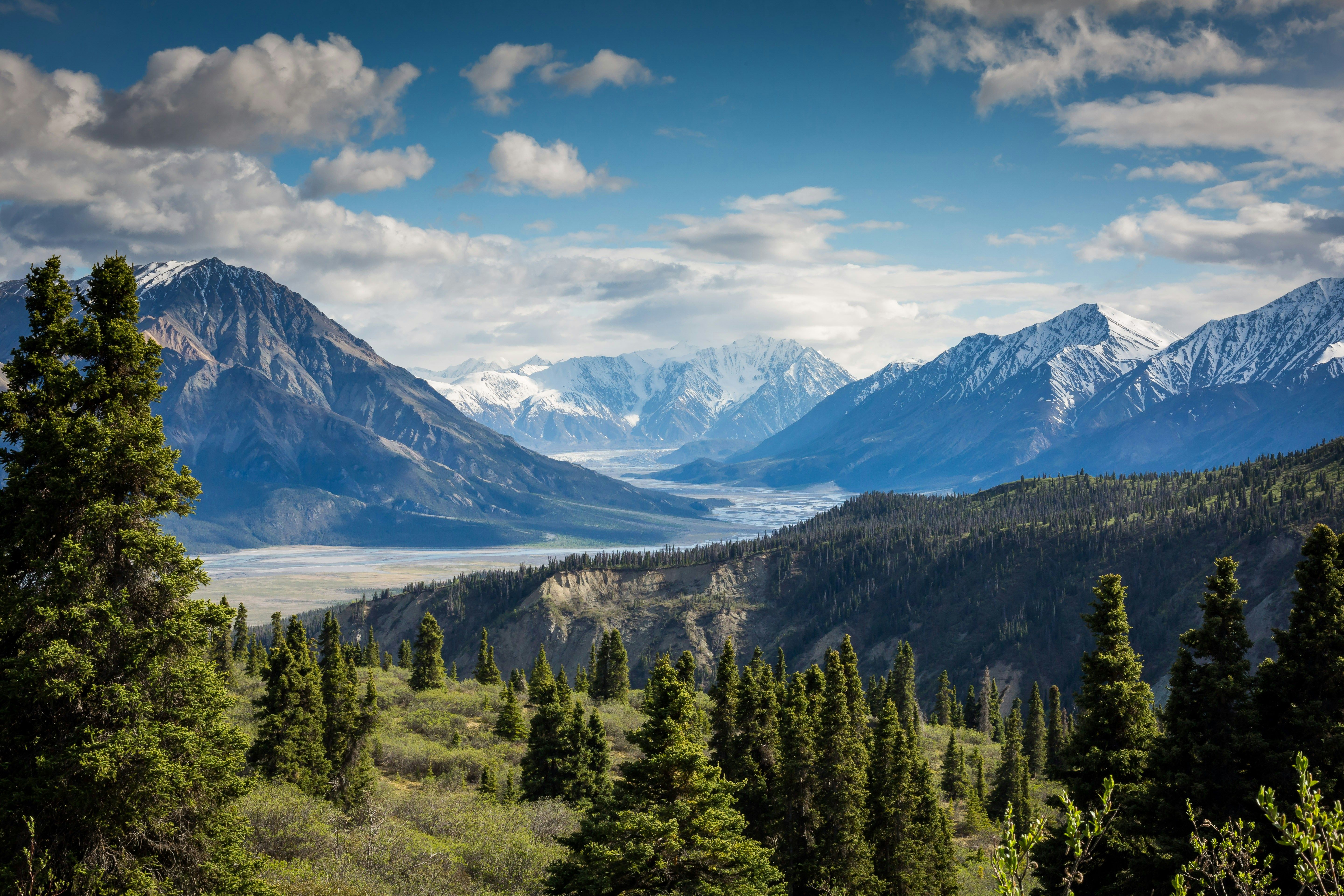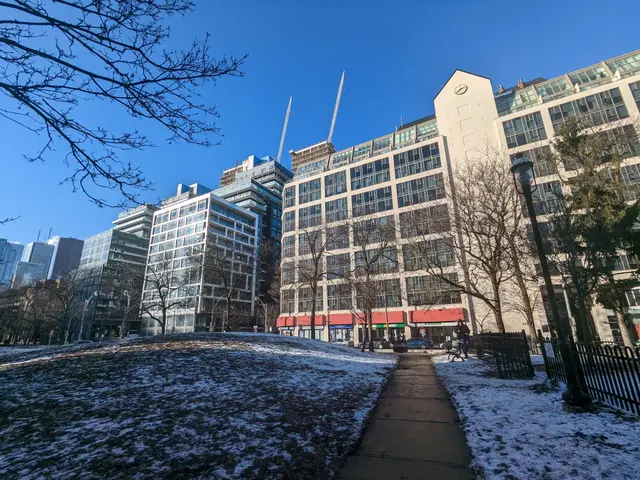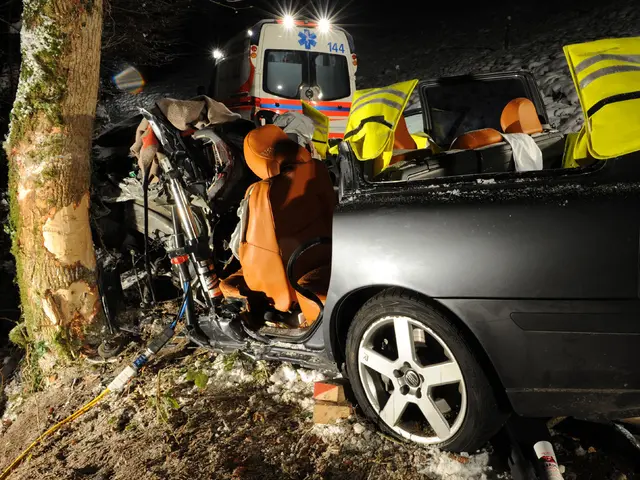Unexpected Sensation of Familiarity Amidst Darkness in Venezuela
Stuck in a sweltering silence, I was jolted awake by the oppressive heat. "Why didn't I go for that air conditioner on installment plans?" I grumbled, pounding on the malfunctioning fan switch.
The electricity might have been out everywhere, but I assumed it was a local issue, common with the occasional electrical outages my block sometimes experiences. However, as I peered out the window, the darkness stretched for miles.
With mobile reception barely clinging on, I managed a few desperate messages revealing that Venezuela had suffered a massive electric sabotage at 4:50 AM on that fateful Friday, August 30th. Seventeen states, the message claimed - although the news would later reveal that it was actually all 24.
The eerie stillness was broken by my neighbors, as she sauntered over, coffee-laden thermos in hand. "See you made it through the night nachito, the power's out across the whole country," she sighed, gesturing towards my electric stove and her aging gas cylinder.
Echoes of the long 2019 blackout crept into my anxious mind. In March that year, we'd been kept in darkness for five days, enduring uncertainty, water shortages, and food scarcity. Only now it was 6 AM, not 6 PM, and there were no panicked workers rushing home as the night closed in.
Worried, I stepped out to survey the streets. To my surprise, a flurry of movement caught my eye. Cars, buses, and motorbikes darted back and forth, while children played on sidewalks free from the constraints of school. Most businesses had generators, rechargeable lightbulbs, or at least enough battery power to take card payments. Even street vendors hawked their wares, offering strawberries and cream.
With a $20 bill nestled in my wallet, I made a beeline for the market, with memories of the 2019 nightmare fresh in my mind. That time, I'd been overjoyed to find a single 20L water jug - a meager luxury compared to the dearth of essentials that plagued us back then.
Despite the outage, there was a palpable sense of solidarity. Neighbors looked out for each other, and response times had visibly improved. In the end, we spent only about half a day in the dark.
As the authorities dragged their heels, I couldn't shake the feeling that we were back to square one. The government's communication strategies remained unchanged, filled with euphemisms and overblown promises that seldom materialized. When high-ranking officials finally spoke, they declared the incident an unprecedented attack - but little else.
Venezuela's power grid has long been plagued by political tensions and poor maintenance, making it a juicy target for sabotage allegations. While the extent of the damage remains uncertain, it's clear that the people of Venezuela have learned to adapt and rely on each other during these trying times.
After surviving the 2019 apocalypse, a mere 12-hour blackout isn't so terrifying after all. Here's to hoping that our resilience will serve us well in the face of future challenges.
Jessica Dos Santos is a Venezuelan university professor, journalist, and writer whose work appears in various outlets, including RT, Épale CCS magazine, and Investig'Action. In 2018, she published the book "Caracas en Alpargatas." She has won the Aníbal Nazoa Journalism Prize in 2014 and received honorable mentions in the Simón Bolívar National Journalism prize in 2016 and 2018.
The views expressed in this article do not necessarily reflect those of the Venezuelanalysis editorial staff. Translated by Venezuelanalysis.
- In light of the massive electric sabotage confirmed on August 30th, the eerie blackout that stretched for miles was eerily reminiscent of the long 2019 blackout, which left everyone in the dark for five consecutive days.
- Maybe the 12-hour blackout the city experienced wasn't so terrifying after all, considering the general news that showed most businesses had generators, rechargeable lightbulbs, or enough battery power to take card payments.
- The 2019 blackout had brought an apocalypse-like situation, with uncertainty, water shortages, and food scarcity, but in this instance, there was a palpable sense of solidarity among neighbors who looked out for each other.
- In politics, responses to accidents like this blackout can reveal the government's policy-and-legislation measures, as the authorities' slow actions in acknowledging the incident echoed the lack of action in the 2019 blackout.
- Amid the aftermath of the war-and-conflicts that might have led to the sabotage, attention needs to be paid to the crime-and-justice aspect, as repeated power outages could intensify thefts and other criminal activities.









